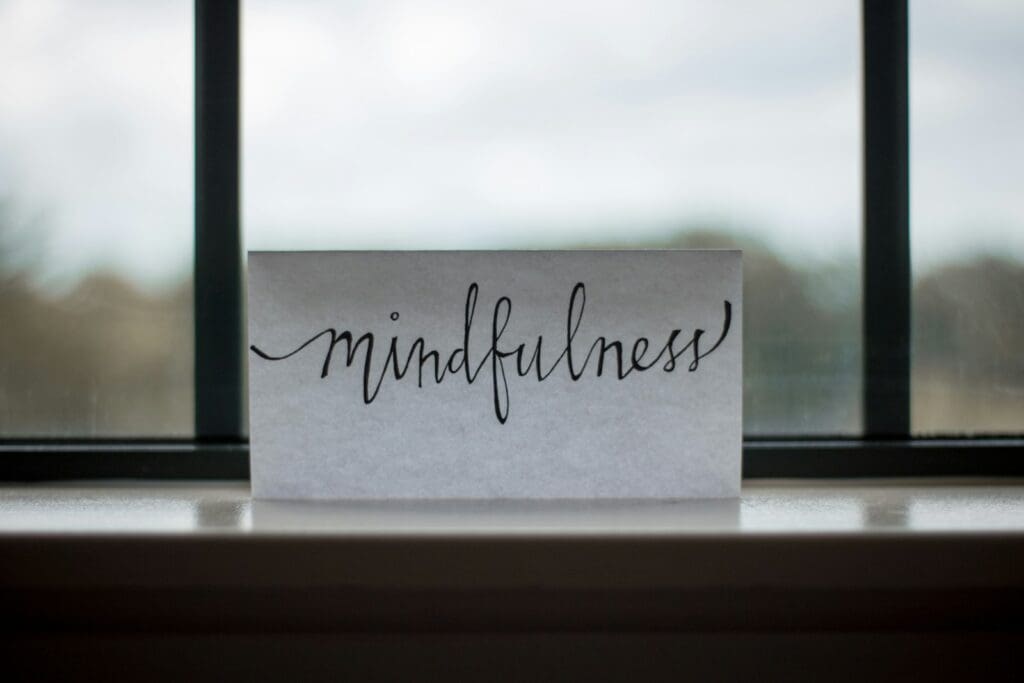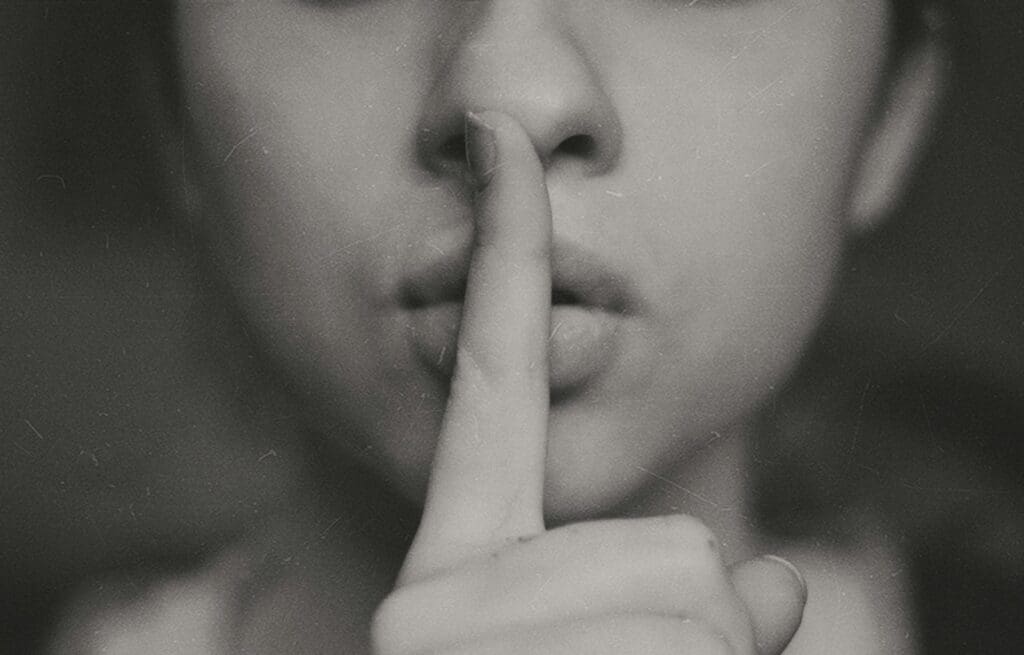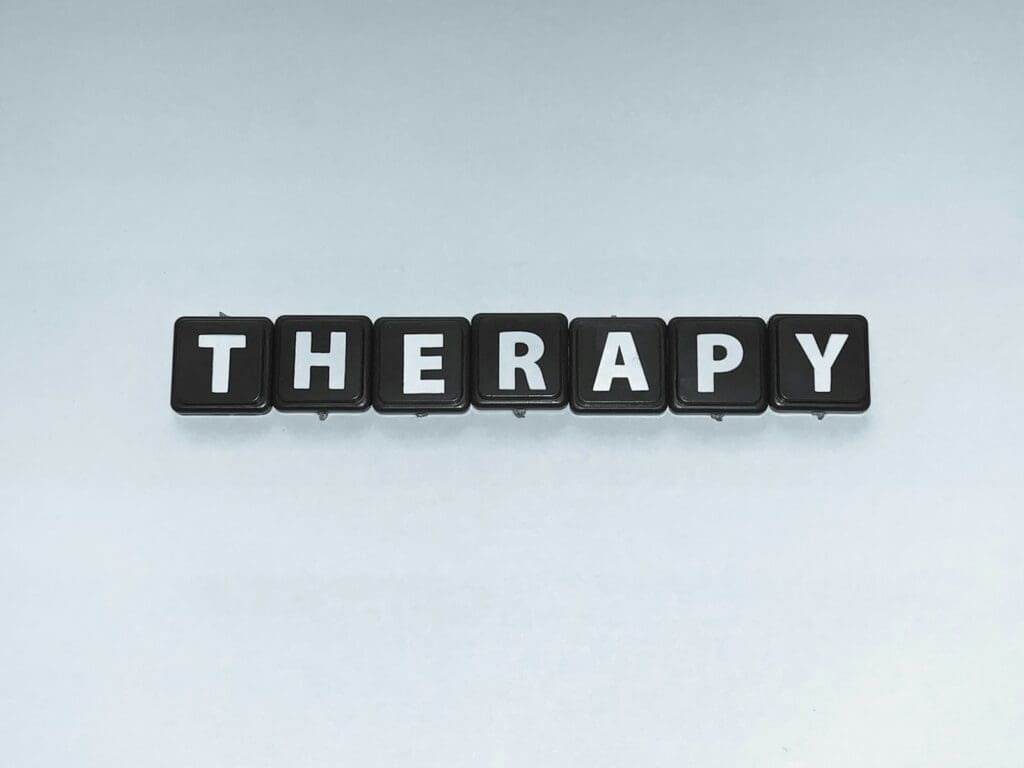Life is hard. And sadly it’s only going to get harder from here. But therapy can make navigating the hardships a little easier. Read on to learn the benefits of therapy.
30. Mental Health Care Is Healthcare

If your leg was broken, you would go to the emergency room. If you had the flu, you would go see your doctor. We take care of our physical needs. A therapist will help us take care of our mental needs.
29. Therapists Are Unbiased

Is my therapist just telling me what I want to hear? No. Wipe that worry from your mind. Your therapist is trained to deliver constructive criticism and advice in a gentle yet firm way. And they will only deliver the criticism when they feel like you are in a space to hear it.
28. Friends Are Friends, Not Therapists

It’s important to have a close circle of friends who you can vent to. But venting to your pals all the time can make them feel like they are doing a lot of emotional labor. Your friends love you but they can’t help you with every problem.
27. Therapy Provides A Safe Space

If you are in a dangerous situation or a destructive mindset, a therapist can help establish a space where you do not feel like you are in danger. You don’t have to feel unsafe anymore.
26. Your Secrets Are Safe

You may feel like you have close confidants that you can share your deepest, darkest secrets with. But you can never know for sure how safe your secrets really are with other people. Therapists are bound by law to keep your secrets. However, they do have to inform authorities if you plan to hurt a minor or the elderly.
25. Everyone Deserves To Be Heard And Understood

Maybe you feel like no one cares about your problems. Or maybe you feel like your problems are too small to talk about. A therapist will listen to every problem you have and validate your feelings.
24. Learn Techniques That Will Make You Feel More Productive

Maybe you feel like you’re not reaching the goals that you know you are capable of. A therapist will help you set up a game plan to accomplish what you want to accomplish.
23. Help You Work Through Grief

Sadly, every single one of us will experience loss and grief. You don’t have to go through it alone. Your therapist is there for you.
22. Help You Work Through Trauma

Don’t lie to me and say you don’t have trauma. Everyone has trauma. Life is traumatizing. The last ten years have been collectively traumatizing for the entire planet. A therapist will help you address and work through the trauma.
21. Find Out Why You Are The Way You Are

A wise person once said “you exist in the context of all in which you live and what came before you.” Nobody acts the way that they do by accident. A therapist will help you get to the core of yourself and discover things about you that you didn’t know.
20. No One Is Immune From Poor Mental Health

It does not matter how smart you are. It does not matter how rich you are. And it doesn’t matter how strong you are. Anyone at any time can be struck with depression or anxiety for a myriad of reasons. And it’s ok to reach out to someone if and when it happens.
19. Existential Crisis

Existential crises are not just reserved for French poets. Existential crises are inner conflicts that cause us to believe that life lacks meaning. People suffering from this crisis can be confused about their personal identity. A therapist can help you work through that.
18. Mid-Life Crisis

A mid-life crisis is not a diagnosis that you can find in the DSM-5. But that being said, many people still feel like they go through a period of self-reflection and questioning in their 40’s and 50’s. It’s better to invest in therapy than a sports car.
17. Doom Scrolling

No other generation in history has had to be confronted with the knowledge of global conflict on a daily basis like we all have. Every time we open our social media pages we are inundated with negativity, suffering, and tragedy. A therapist will help learn how to manage our time on social media.
16. There Are Several Different Types Of Therapies

Not all therapy looks the same. Different people have different diagnoses so they will obviously require different treatment. For some people, talk therapy is the best treatment. Others may prefer play therapy or cognitive behavioral therapy.
15. You’re Not The Problem

We are responsible for our emotional regulation and behavior. We are not responsible for every single bad thing that happens to us or around us. A therapist will help you stop blaming yourself for things that are out of our control.
14. Though Sometimes You Might The Problem

As Taylor Swift once said, “it’s me, hi, I’m the problem, it’s me.” A therapist will help you stop blaming yourself for things that are out of your control. But they will also call you out on your negative behavior and help you address things that are well within your control.
13. Help You Prioritize

Sometimes we have too many things to do. We can get so overwhelmed with our to-do list that we end up accomplishing none of our tasks. A therapist will help you prioritize the things that need to get done.
12. The Best Kind Of Self-Care

A spa day, a hike in the woods, or a movie night with friends are all great forms of temporary self-care. But therapy is the best way to care for yourself in the long term.
11. TikTok Is Not Therapy

The armchair psychology that is rampant on TikTok has really gotten out of hand. Before you diagnose yourself with a mental illness because your favorite influencer says that you may have it, see a licensed therapist. Social Media is not research.
10. Free Your Emotions

Sometimes it is hard for us to express ourselves. We may feel ashamed of our thoughts and emotions. Or we may feel like no one will understand the way we think and feel. Therapy allows us to unleash the emotions that we keep trapped within ourselves. It also helps us talk through the thoughts and feelings that we may not understand ourselves.
9. A Judgment-Free Safe Space

We are all humans. And as humans, we sometimes do things that we are not proud of. Sometimes we are afraid of our own thoughts. It can be hard to talk about these things with our peers. We don’t want to be judged when we already feel ashamed. Therapy gives us a judgment-free zone to talk through moments that we are not proud of.
8. Stress Management

In today’s hustle culture, we can easily become burnt out and stressed. Though we do our best to complete all of our work tasks and chores, sometimes we get overloaded with commitments and bogged down with deadlines. Therapy can help you organize your time. It can also empower you to say no to people who are asking too much of you.
7. Breaking Unhealthy Patterns

Stress, grief, depression, and anxiety can lead us to developing habits that are detrimental to our physical, mental, and emotional health. Therapy helps us take a step back and examine the root of these unhealthy patterns and habits and eventually evolve past the need for them.
6. Breaking Unhealthy Cycles

We are responsible for our own actions and behaviors. But sometimes our actions and behaviors are traits that we learned from our family. The effects of generational trauma are not our fault, but they are our responsibility. Therapy can help us unlearn toxic behaviors and break unhealthy cycles.
5. Effective Mental Health Treatment

Maybe you have generalized anxiety disorder. Or maybe the burnout and stress from work is causing you mental and physical distress. Maybe you have clinical depression. Or maybe you are dealing with the effects of grief and trauma. Regardless of whether your mental health is impacted by a chemical imbalance or a traumatic life event, therapy can help you navigate whatever journey you are on.
4. Physical Benefits

Did you know that depression and anxiety don’t just affect your mood and mental health? Depression and anxiety can also cause damage to your body as well as your mind. You can suffer from fatigue, changes in weight or appetite, and sleep deprivation. Therapy not only benefits your mental and emotional health, it helps your physical health as well.
3. Conflict Resolution

There are therapists who specialize in many different things. And some therapists are trained in conflict resolution. If you are in a situation where an agreement cannot be reached, therapy may be able to help with that.
Read More: 10 Surprising Ways Technology Is Improving Mental Health
2. Relationship Problems

Some therapists specialize in conflict resolution, and others specialize in relationship counseling. If you are having trouble with your partner, spouse or family member, couples therapy and family counseling can help you get to the root of the issues and help facilitate productive communication.
Read More: Easy Ways to Reduce Anxiety Naturally
1. Long Lasting Effects

Therapy takes work. It is not an instant fix. However, people who do the work and go to therapy consistently have seen long lasting, positive outcomes to their lives. They are able to quit bad habits and break toxic cycles. They are able to handle stress and express themselves more freely. And they are able to resolve conflict and stand up for themselves. More importantly, people who go to therapy just like themselves more. They forgive themselves their shortcomings and validate their own successes.
Read More: Taking a Mental Health Day? Here’s How to Optimize It








